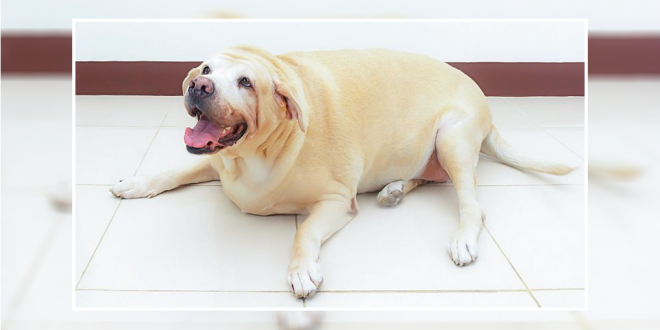Thyroid disorder is considered the most common dog disease. It affects all dog breeds and usually occurs in middle-aged dogs (4 to 10 years) of medium to large breeds.
The thyroid gland is located in the dog’s neck. It produces Thyroxine hormone along with several other important thyroid hormones. These play an important role in your dog’s metabolism.
Hypothyroidism is a disorder that occurs when your dog is not producing enough hormones, causing your dog’s metabolism to slow down.
Causes of thyroid disorders in dogs
The real cause of hypothyroidism in dogs is not sure, but some of the reasons can be:
- Your dog’s immune system attacks the thyroid
- Shrinking of the thyroid
- Congenital defects
- Or a tumor on the thyroid gland.
No matter the cause, symptoms, and treatments are the same.
Symptoms of hypothyroidism in dogs
Thyroid disease symptoms can vary greatly from dog to dog, but one of the major symptoms is your dog’s slow metabolism. Some of the common thyroid symptoms in dogs are:
- Sluggishness
- Exercise intolerance
- Mental dullness
- Black patches on the skin, followed with muscle loss, weight gain, a slowed heart rate, toenail and ear infections
- Intolerance to cold.
- Changes in coat and skin, like increased shedding, hair thinning, and hair loss(usually on your dog’s trunk, back of the rear legs, and tail)
- Thickening of the skin
- Reproductive issues in intact dogs
Hypothyroidism can also lead to heart and blood vessel problems, seizure, and infertility in your dog. Your dog’s vet may do a series of tests to diagnose the disease.
Which breed is at more risk?
Some breeds are more prone to hypothyroidism in comparison to others. Medium-to-large-size breeds are at more risk than a toy and miniature breeds.
The dog breeds, such as the Golden Retriever, Miniature Schnauzer, Airedale Terrier, Cocker Spaniel, Dachshund, Doberman Pinscher, and Irish Setter appear to be predisposed to developing the condition.
How to treat thyroid problems in your dog?
The thyroid problems in dogs are associated with low levels of thyroid-stimulating hormone. A simple supplementation, or oral medication, or addition of thyroid hormones can bring thyroid levels to normal in your dog. The treatment is quite easy and inexpensive.
There are chances that your dog may need to take oral drugs daily for the rest of his life. The most common thyroid medication for dogs is levothyroxine or L-thyroxine.
The dose of the drug varies from dog to dog. The thyroid disease will affect your dog’s quality of life if left untreated. Make sure to give medicine to your dog as recommended by your vet.
Should your dog be tested for thyroid problems?
Hypothyroidism is slow developing and can be confused with a number of other conditions. A correct diagnosis is really important to detect hypothyroidism at an early stage.
We advise the owners of middle-aged and older dogs to obtain their pet’s base levels with routine blood testing. We recommend you routinely evaluate thyroid function for your dog over 5-7 years of age.
If you have any queries or concerns regarding your dog’s health, don’t hesitate to call or visit your veterinarian – they are your best bet to ensure the health and overall well-being of your dogs. Take your dog to a veterinarian immediately and get them treated.
Want to read more articles like these? Subscribe to our newsletter today!
 DogExpress
DogExpress


















 in Chandigarh, India.
in Chandigarh, India. 

